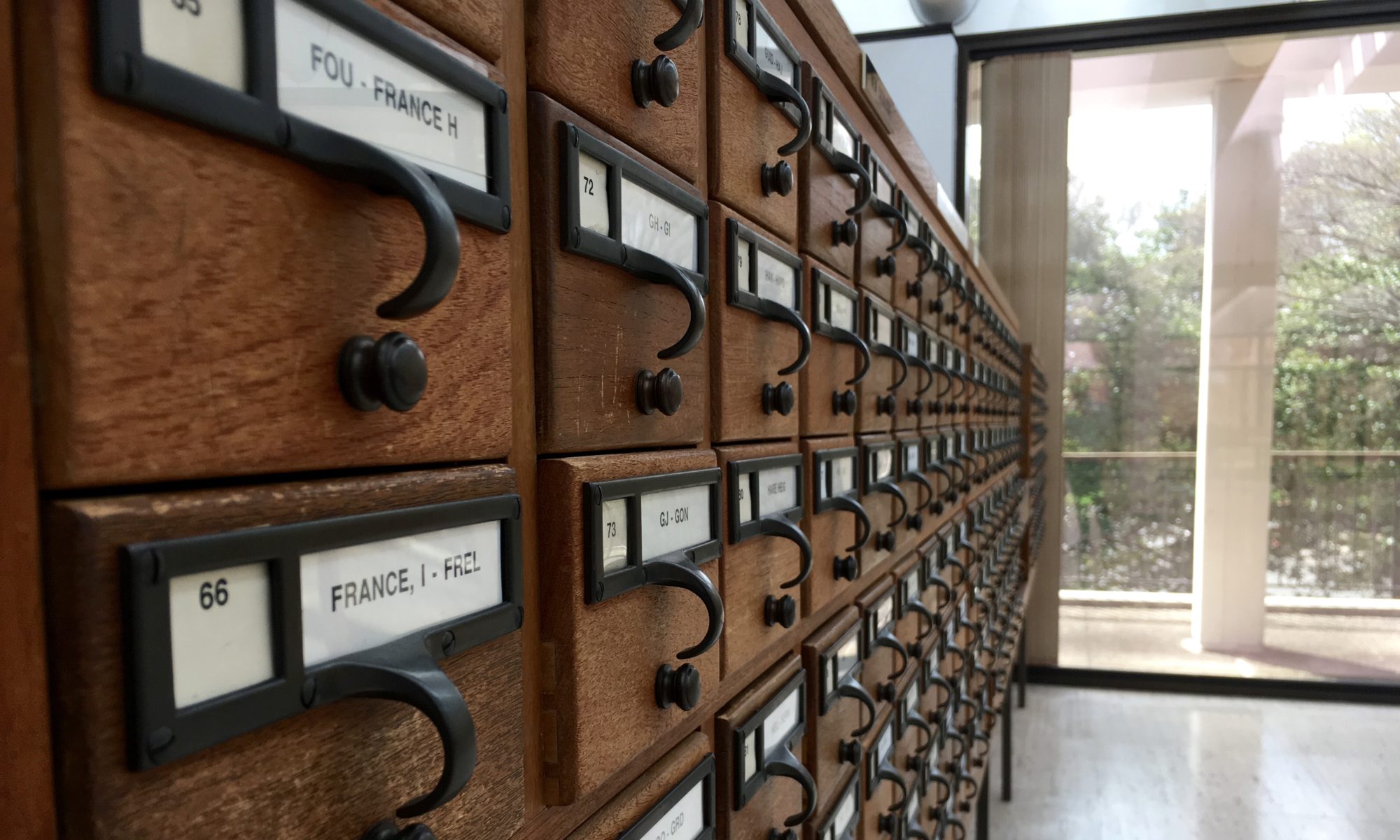Foundations of Political Theory: POLS 2000-03 (CRN 43648)
“Foundations” is a reading, writing, and discussion intensive course that will introduce students to the history of political thought. Through an engagement with “classic” texts spanning the ancient, medieval, modern, and contemporary periods in the “west,” we will ask hard questions about justice, truth, value, happiness and the good life, individual and common good, the foundations of political societies, the origins and work of inequality, the value of freedom, subjection, subjectivity and citizenship, violence and morality, and many others. Perhaps above all, we will ask what it means to make something “foundational” at all, and what we have “built” upon that foundation.
Detention and Incarceration: POLS 5030-01 (CRN 45819)
This seminar course asks what punishment in the form of incarceration and detention means in a modern democratic state and what this particular form of punishment reveals about conceptions of personal responsibility and subjectivity in the Western tradition. To that end, the course offers an in-depth study of punishment theory, the history of the incarceration and detention as punitive forms, the social, economic, and political analysis of prisons, the lived experiences of prisoners, their families, and the workers employed by the United States prison system. The first part of the course will explore the dominant modern approaches to understanding punishment, covering Durkhiem, Marxist interpretations, modern Anglo-American legal traditions, expressive retributivism, and culminating with a close reading of Michel Foucault”™s Discipline and Punish. The second part of the course focuses on incarceration and detention as they are practiced in the United States in light of these theoretical approaches. The third part of the course asks how such practices play out in terms of collateral consequences and the importance of racial, gender, and sexual identities in relation to punishment. In this course, we will confront our assumptions about incarceration and detention in the US, and critically examine the ways in which we are already connected to, invested in, and increasingly dependent upon a criminal justice system that relies on the mass warehousing of people of color and socio-economically disadvantaged people.
